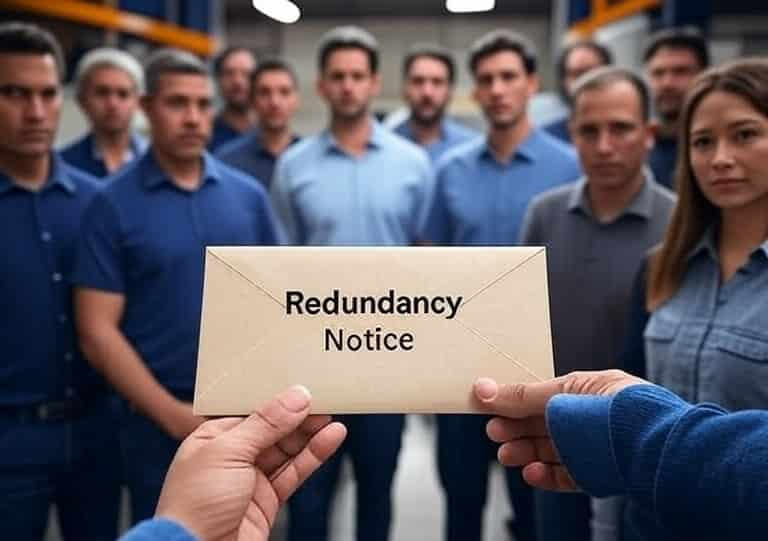In a stark warning to working people across Britain, fresh data from the British Chambers of Commerce (BCC) reveals that one-third of firms have either already cut staff or are preparing to do so, following the Government’s decision to raise employers’ National Insurance contributions in April. The report, which surveyed over 570 businesses, sheds light on an escalating crisis in the workplace, with many employers now signalling that UK workforce reductions are no longer just possible – they are imminent.
The findings come as part of a wider survey of 2,000 employers, which has exposed the highest level of redundancy intentions in over a decade. While UK businesses are traditionally resilient and have long been seen as the engine room of Britain’s economy, the rising tide of taxation and operational costs appears to be slowing progress and driving anxiety among small and medium-sized enterprises.
Shevaun Haviland, Director General of the BCC, stated pointedly: “For the Government to achieve its Growth Mission, people need to stay in work and businesses need to invest. As always, businesses soak it up and move forward, but they feel like they are wading through treacle.” This vivid metaphor highlights a growing frustration in the business community, with policy changes being interpreted as a drag on job creation and long-term prosperity.
Among the most vocal critics of the current business climate is Eamonn Ives, who noted with concern: “The fact so few founders believe the Government understands what they require to grow is highly concerning. Whether it’s by lowering the burden of taxation or simplifying our immigration system, the Government should be unstinting in ensuring that Britain is set up to actively support wealth creation here within our own shores.”
Experts from the legal and financial sectors have also weighed in. Andrew Wilkinson of Weil’s London restructuring practice described the position of the retail industry as a “warning sign,” pointing to how a combination of rising costs and faltering consumer confidence are stretching many firms to their operational limits. Retail, which employs millions across the UK, is seen as a bellwether for wider economic performance, making its struggle particularly significant.
In response to growing criticism, a Treasury spokesperson defended the Government’s track record, saying: “We are a pro-business Government. Economic activity is at a record high with 500,000 more people in employment since we entered office.” The spokesperson also outlined current support measures, including the shielding of 250,000 retail, hospitality and leisure businesses from full business rates and capping corporation tax at 25 percent – the lowest rate in the G7.
Additionally, the Treasury defended the increase in National Insurance contributions, insisting that such “tough but necessary” decisions were crucial in maintaining public investment in key services. “We’ve protected working people’s payslips from higher taxes, invested record amounts into the NHS and defence, and expanded free school meals, all while keeping bus fares at £3,” they said.
Yet for many business leaders and employees alike, these reassurances offer little comfort in the face of job uncertainty. With mass layoffs looming, the national mood among workers is increasingly sombre. Many are now questioning whether their positions are secure and what steps they can take to protect their livelihoods. The situation is raising pressing questions across industries about the future of work, the value of job security, and whether additional support mechanisms for employees need to be more readily available.
At the heart of the conversation lies a deeply personal reality: millions of workers are now being warned that the biggest wave of selections for redundancies in a decade could be just around the corner. It is a situation that demands careful scrutiny, clear-headed leadership, and immediate action.
As the cost of doing business continues to climb and the economic outlook remains uncertain, those who once felt secure in their roles are now seeking clarity and protection. The consequences of inaction could be profound, not just for employers and workers, but for the broader health of the UK economy.




